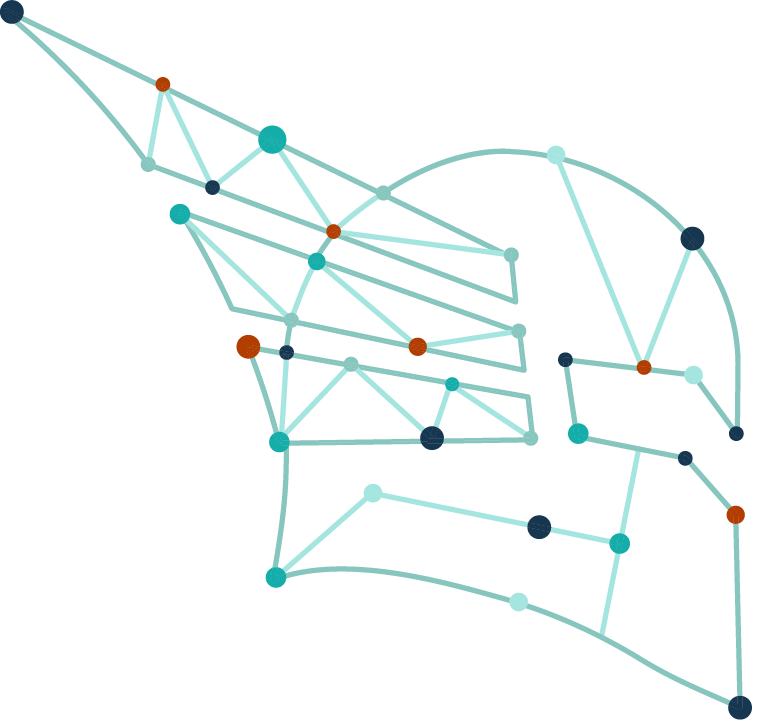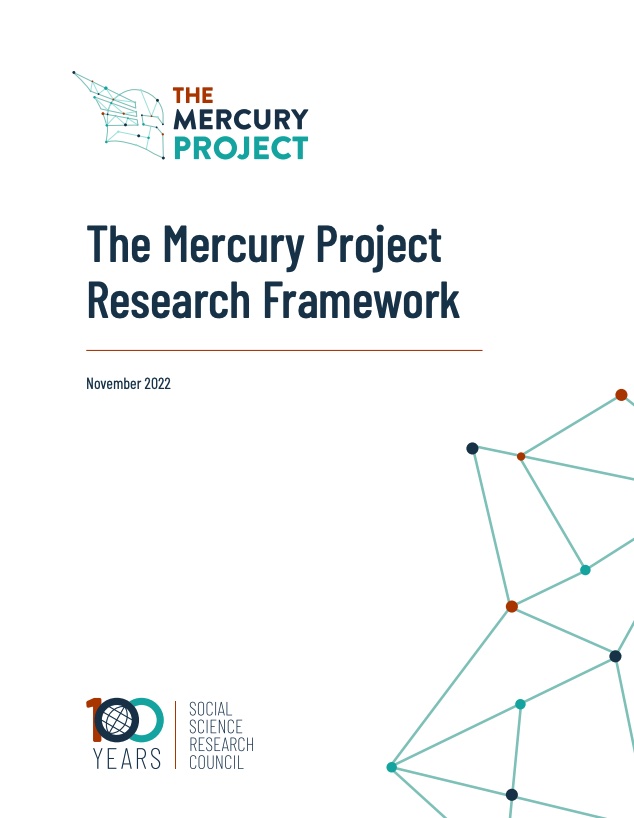ABSTRACT
Practitioners are currently searching for ways to help people distinguish between true and false information and to reduce the spread of false information in online spaces. Meanwhile, scientists have recently identified and tested a number of interventions aimed to do just that. However, these interventions have each been tested in different conditions with different types of users. Thus, practitioners are left unsure about which interventions will work best for their particular situation. In other words, we have a bunch of problems and a bunch of new tools, but it’s not yet clear which tool is most useful for each problem. A multidisciplinary, multinational team of 80 information experts will work to identify the eight most promising interventions and test their effectiveness with approximately 30,000 participants. The researcher team will then test the most effective interventions on English-speaking YouTube. This process will allow the researchers to create a handbook for practitioners, detailing the relative strengths and weaknesses of each intervention and guiding their choices. There will never be one winning intervention that works for all users and all situations, but the project will help practitioners build a toolkit of useful interventions for inaccurate health information and understand which interventions will be most effective for their particular problem.


